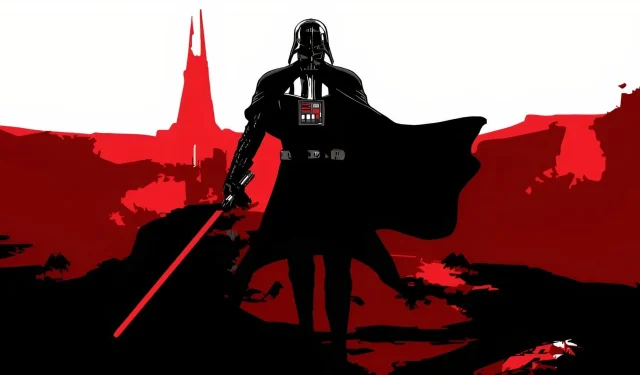
Prior to his transformation into the tyrannical Darth Vader, Anakin Skywalker harbored a profound disdain for the Jedi Order. He perceived the Jedi as a corrupt and hypocritical entity, exploiting the ongoing war to amplify their political influence. In Anakin’s eyes, the Jedi represented a form of evil. Yet, after delving into the Star Wars Legends comic, it becomes apparent that Vader’s suspicions about the Jedi may have held some truth. Could the Jedi indeed be as malevolent as Vader claimed?
In the comic Darth Vader and the Ghost Prison, crafted by W. Haden Blackman and illustrated by Agustin Alessio, we find ourselves in the early days of the Galactic Empire. As Vader investigates a treacherous Jedi plot he uncovered during his time in the Order, he assembles an eclectic group of Imperial allies to unveil a Jedi secret that has remained hidden.
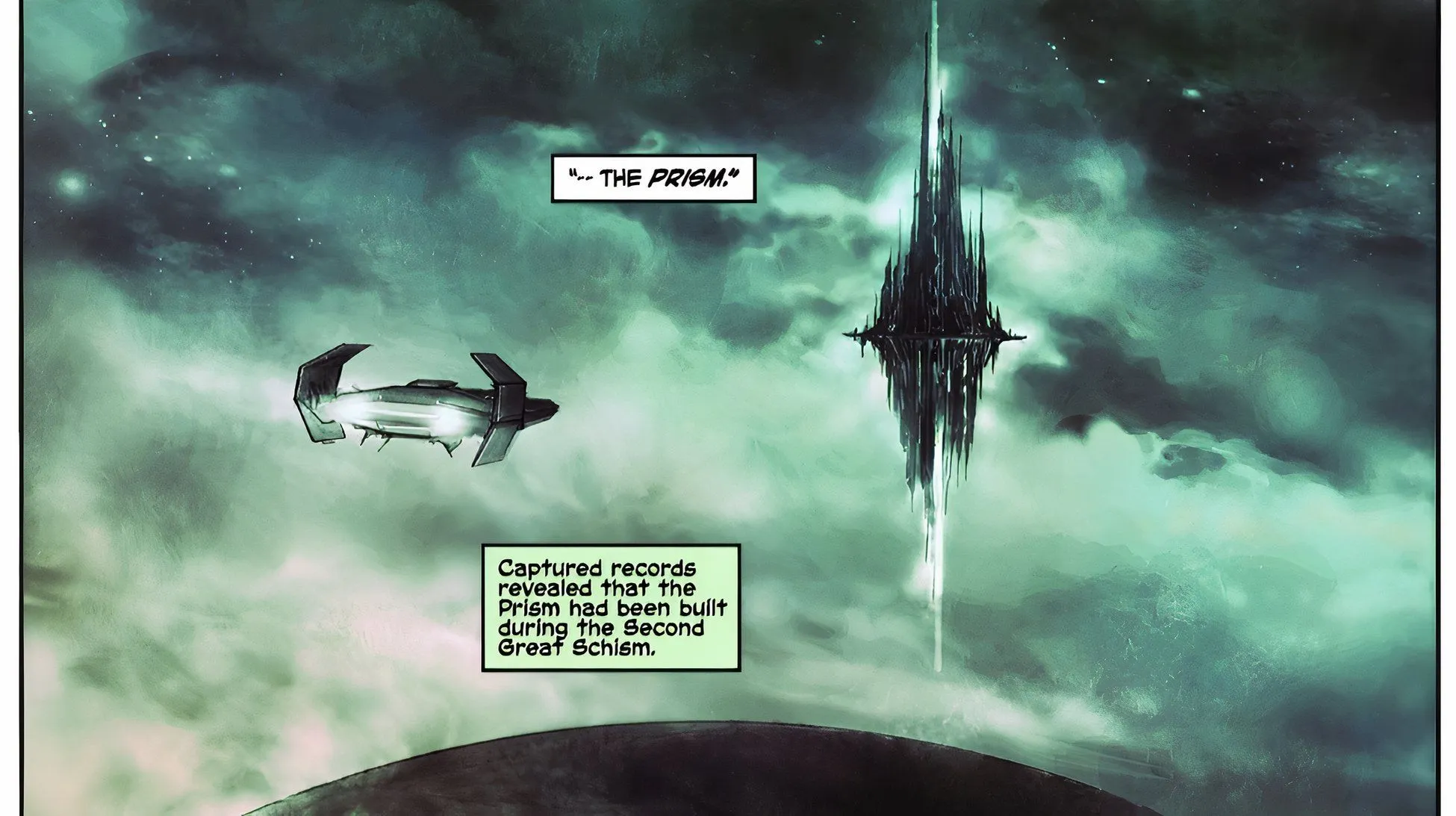
Unbeknownst to all except the Jedi Council itself, the Order operated a clandestine prison, where they detained their adversaries away from the scrutiny of the Republic. This revelation aligns with Anakin’s belief that the Jedi thought themselves beyond the law.
Vader’s Justified Distrust of the Jedi Council
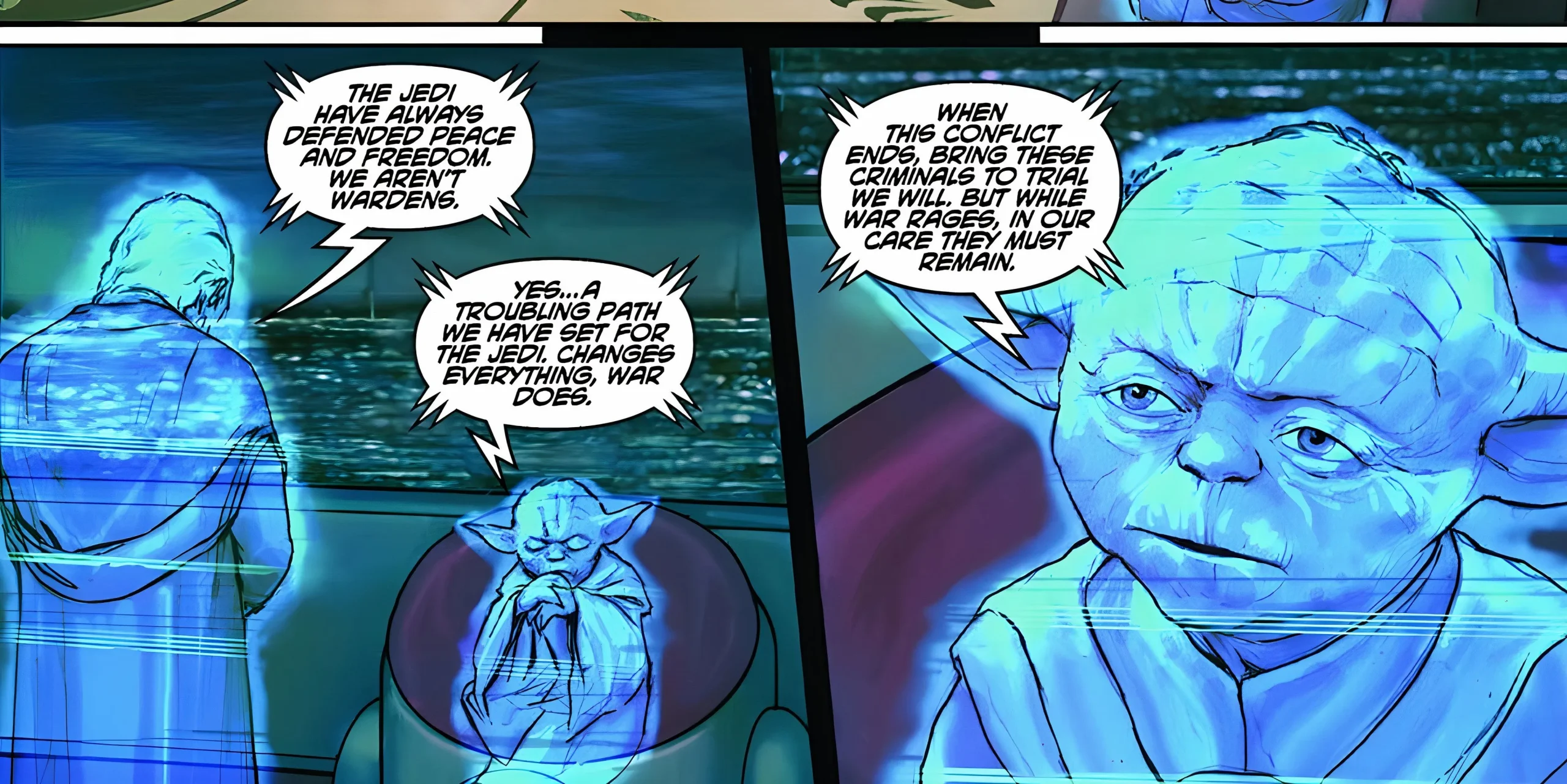
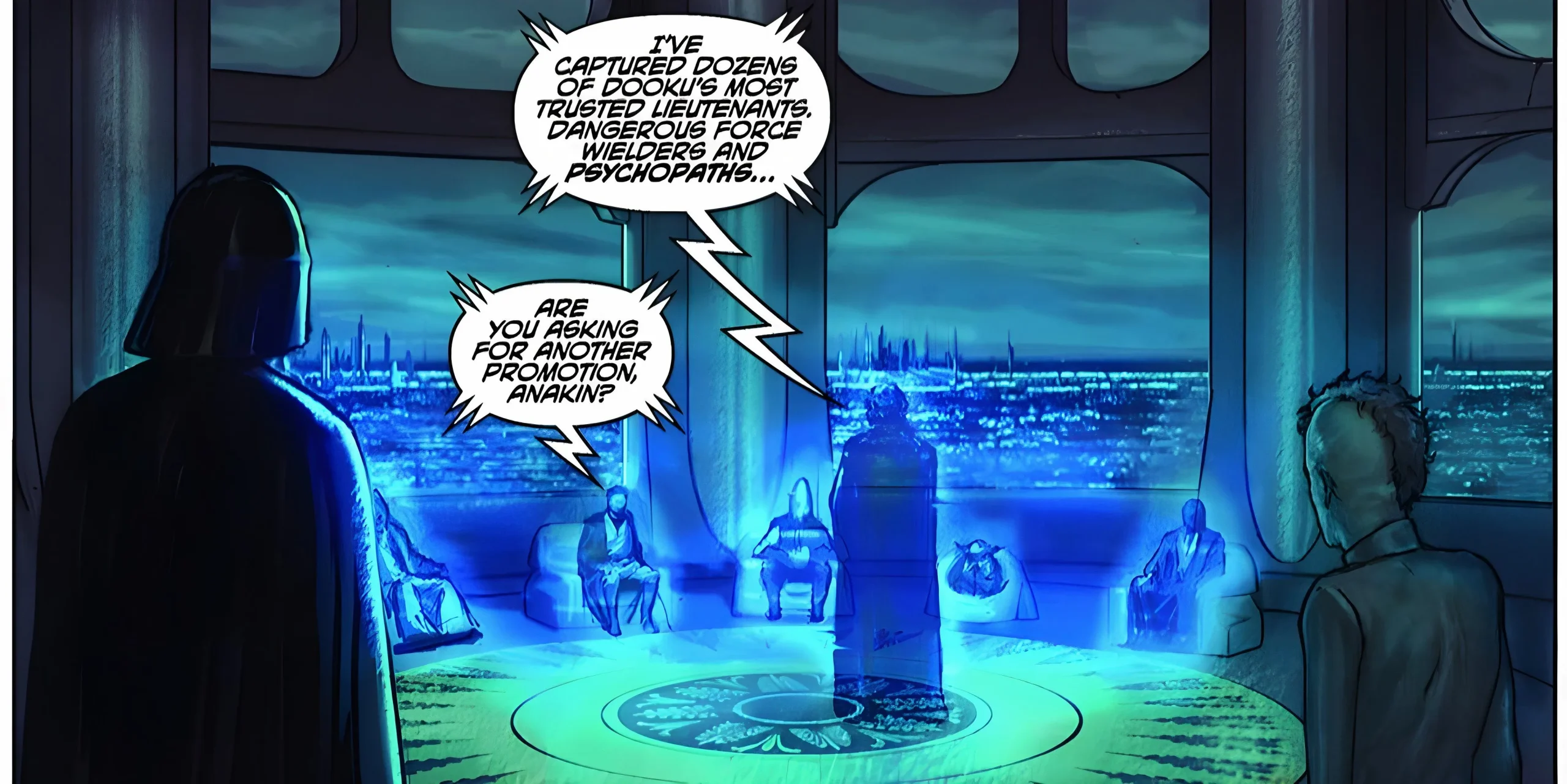
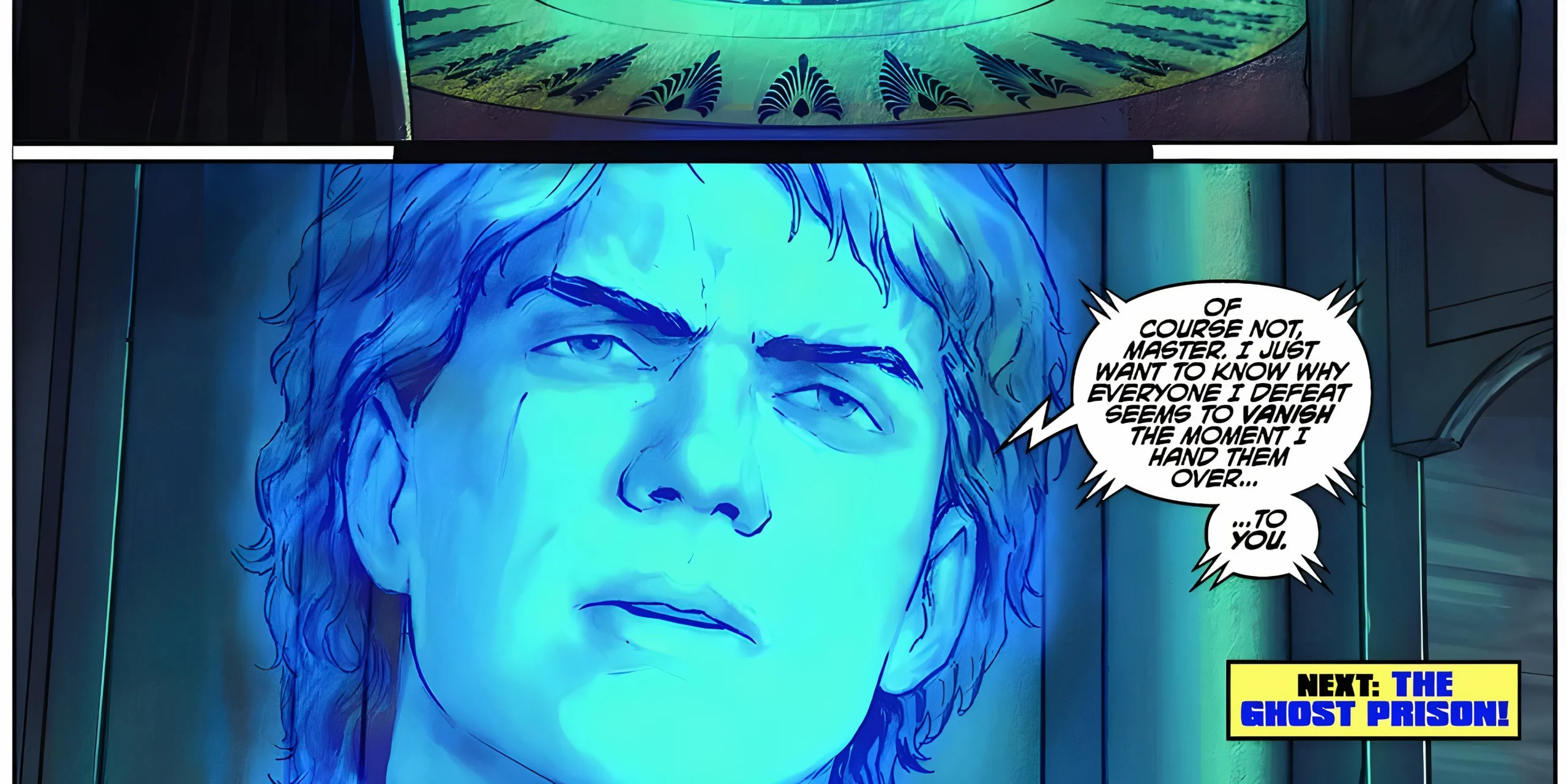
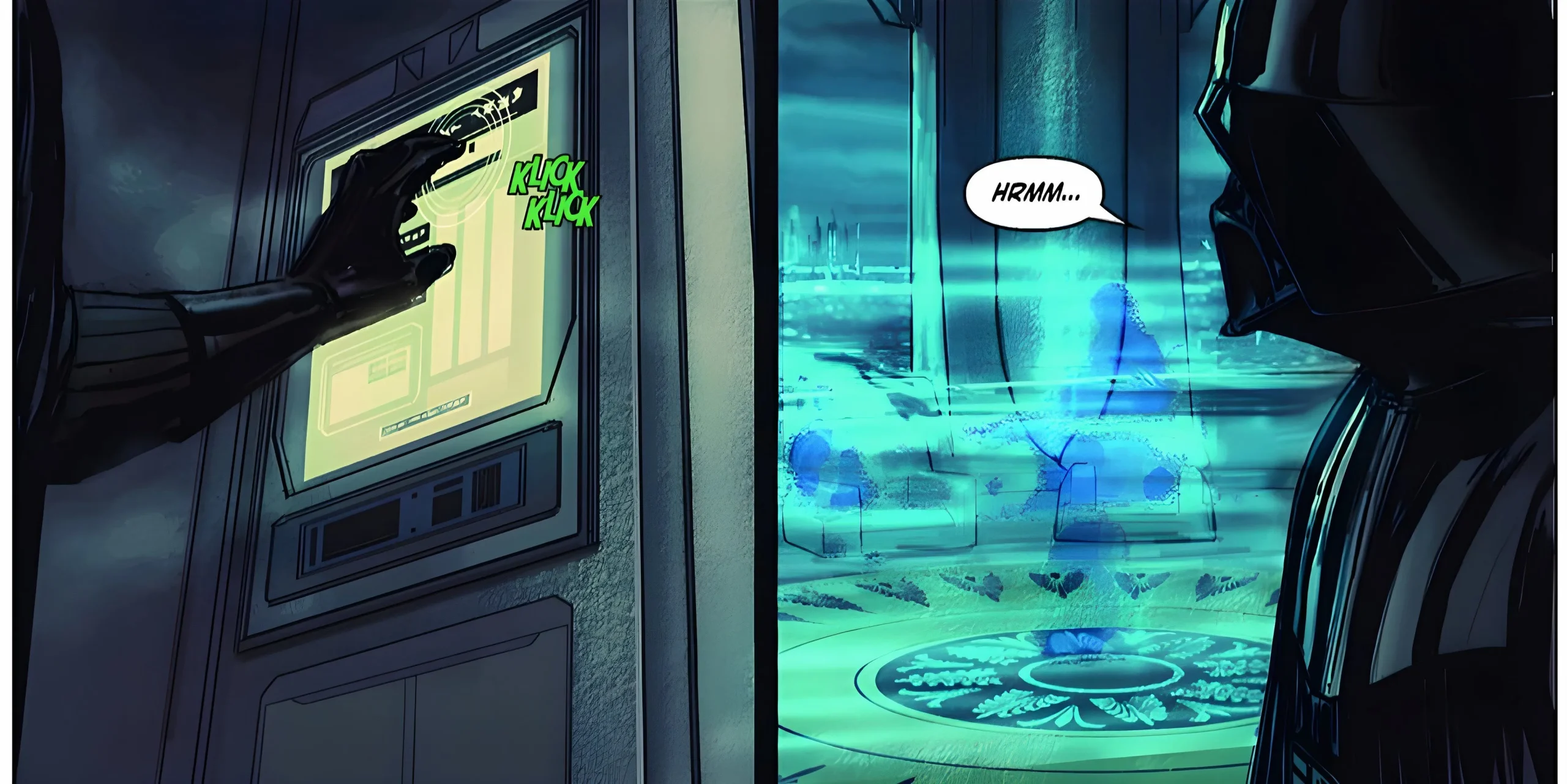
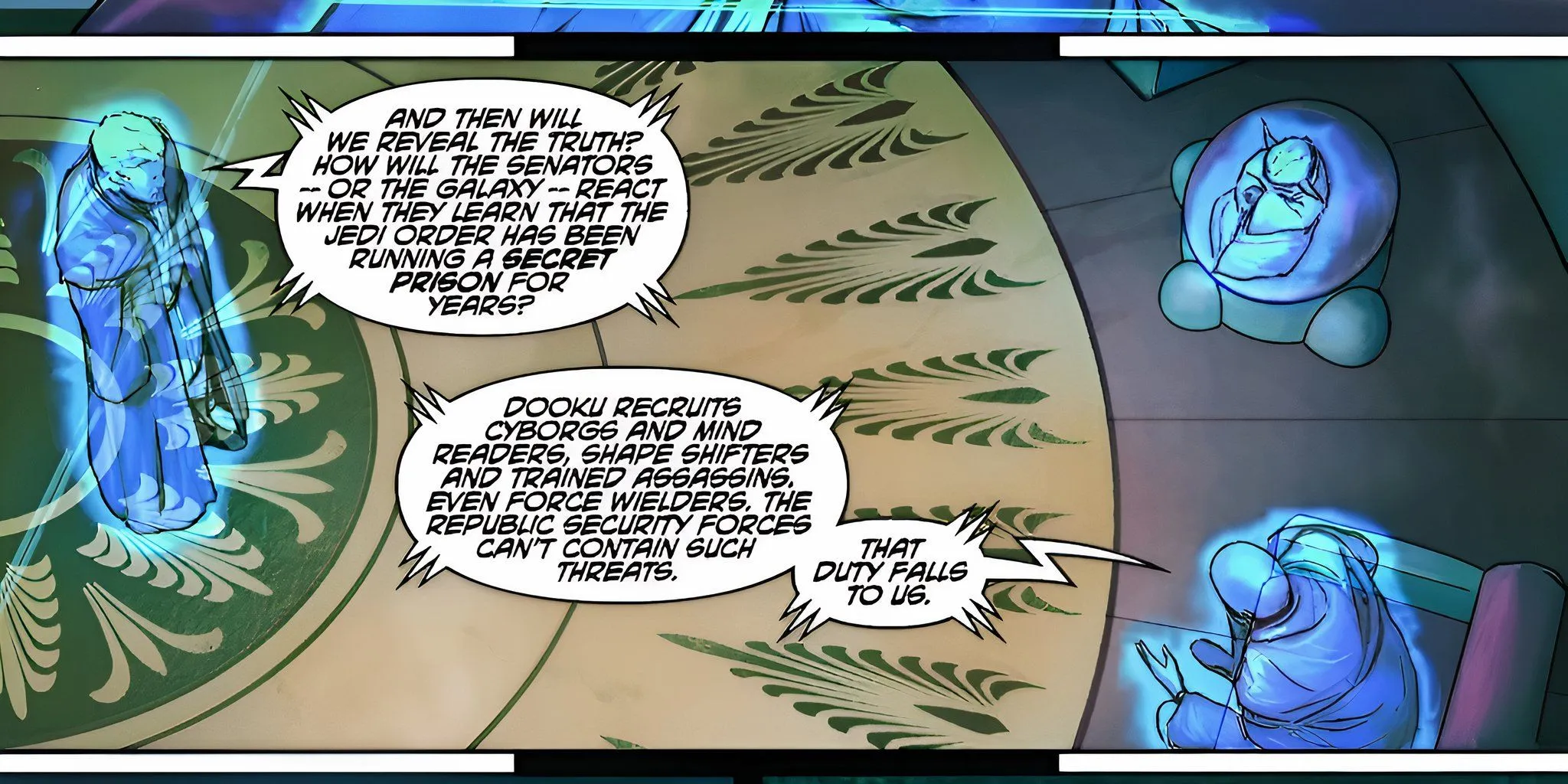
Amidst the chaos of the Clone Wars, Anakin Skywalker observed that several of his high-ranking prisoners of war, who were key commanders under Dooku, had mysteriously vanished. When seeking answers from the Jedi Council regarding their disappearance from Republic records after being transferred to the Jedi’s custody, Anakin’s inquiries were rebuffed. Even his mentor, Obi-Wan, dismissed Anakin’s worries, failing to provide clarity and effectively gaslighting his apprentice before brushing him aside. In secrecy, the Jedi had been operating a private prison, specifically reserved for high-ranking soldiers of the Confederacy.
It wasn’t until after the Galactic Empire was established that Anakin, now Darth Vader, could confront the truth about the so-called “Prism.”Yes, Vader was undeniably influenced by the Dark Side and manipulated by Emperor Palpatine, but his initial skepticism regarding the Jedi Order proved to be valid. The Jedi, convinced that the Republic was unable to manage Dooku’s ferocious forces, instead crafted the Prism to detain their ideological foes.
Anakin Was Viewed as a Weapon, Not an Equal
The Council’s Reliance on Secrecy Fueled Anakin’s Distrust
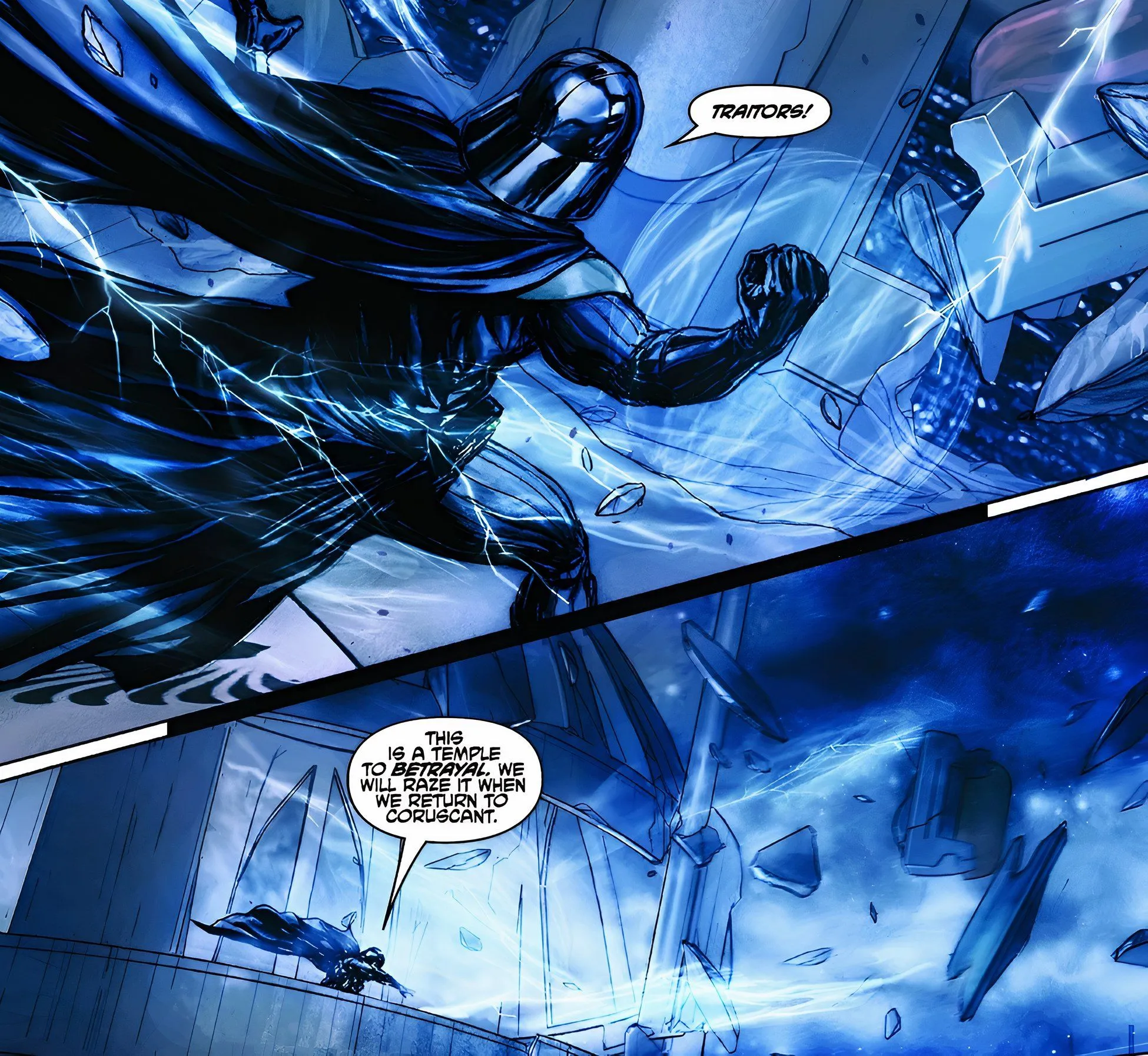
The truth hit Vader like a ton of bricks—the Jedi Council were nothing more than deceitful conspirators, undermining principles of justice and transparency.
The Jedi Council, no different from the Republic or the Empire, embodied a corrupt system marked by hypocrisy, operating under a “Do as I say, not as I do” philosophy. Their reliance on deception, while sacrificing their best warriors in a political struggle, ultimately shaped Anakin’s feelings of distrust. Notably, even Obi-Wan was initially unaware of the prison’s existence. The Council rationalized its secrecy as necessary for the so-called greater good, disregarding what it would denounce if perpetrated by the Republic or the Confederacy.
In entering the secret prison for the first time, Vader felt a profound sense of vindication. Among the 208 captured individuals, it became apparent that a significant number had fallen into his grasp previously. This disheartening knowledge sheds light on the unjust treatment Anakin endured, revealing how the Jedi Council, and Obi-Wan by extension, perceived him merely as a tool of war, rather than as an equal.
The Jedi Prioritized Their Own Interests Over the Republic
Secrecy Undermines the Integrity of Democratic Values
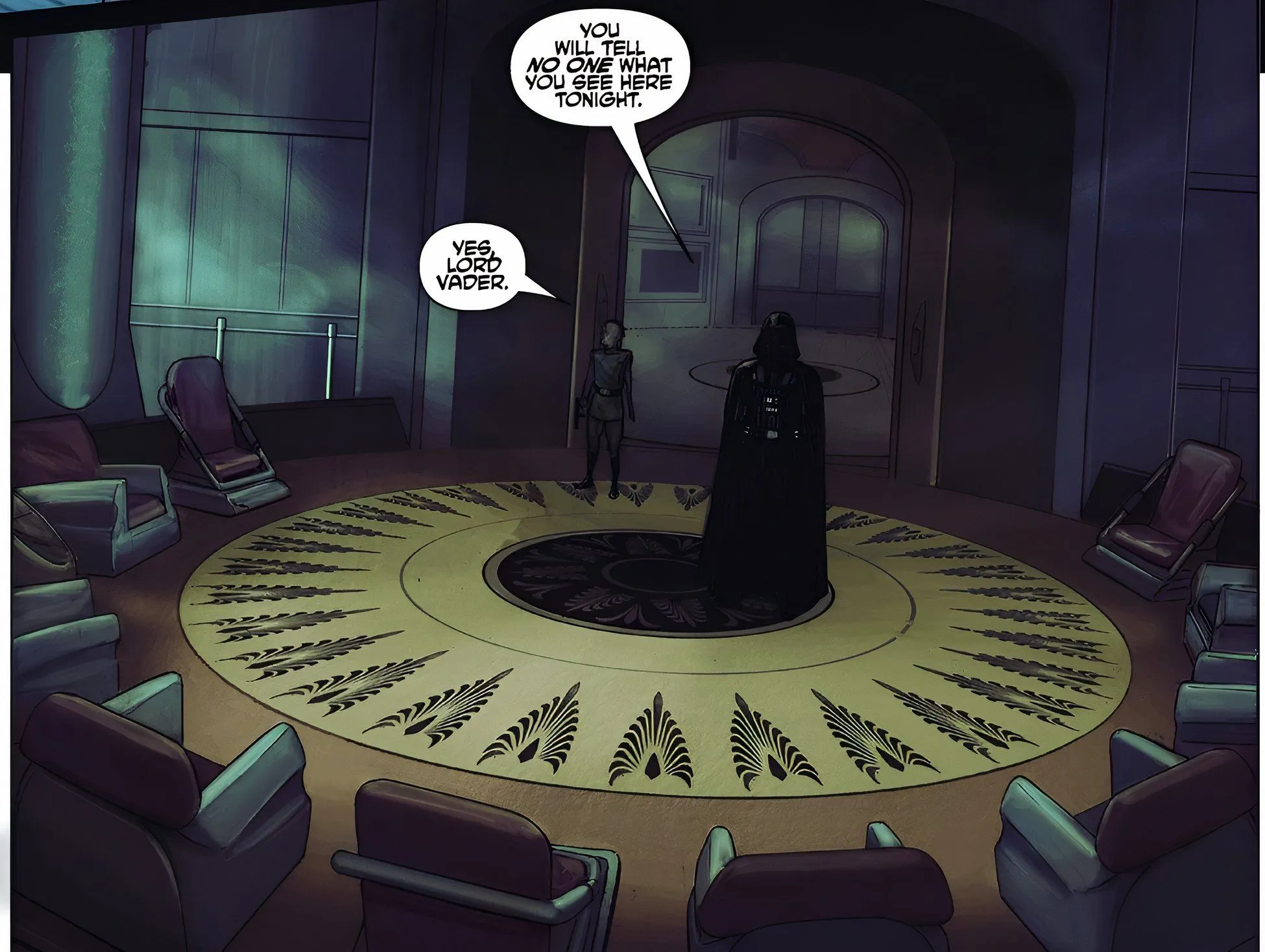
Despite the fact that the imprisoned individuals were maintained in impressive conditions—arguably superior to what the Republic would have managed—the underlying issues stemming from the Jedi’s secrecy cannot be overlooked. Intended as a peacekeeping body, the Jedi Order deviated from its foundational values by training children for combat and concealing prisons from a legitimate government. They operated under the belief that they were above the law and above due process, prioritizing their agenda over the public’s interests. The Prism existed not to uphold the Republic but rather to silently dismantle Dooku’s power.
While it’s difficult to fully exonerate Darth Vader’s actions, his critiques of the Jedi Order and the Council reveal essential truths. One must ponder whether the Jedi would ever have disclosed the existence of the Prism had the Empire not risen to power. This raises further questions about accountability and transparency—issues that Anakin recognized as deeply flawed within the Order. In essence, the Jedi did not serve the Republic; they pursued their own ambitions, transforming into a clandestine war council, bolstered by their secrecy and deceit—perceptions that Darth Vader had accurately identified from the beginning.




Leave a Reply